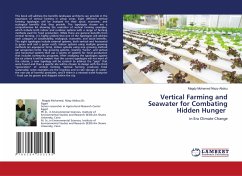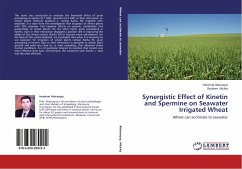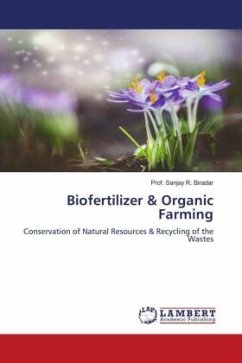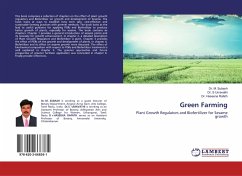This book will address the benefits landscape architects can provide in the expansion of vertical farming in urban areas. Eight different vertical farming typologies will be analyzed for their social, economic, and ecological benefits that they provide. The typologies chosen are a comprehensive list showing the evolution of vertical farming examples, which include both indoor and outdoor systems with a range of farming methods used for food production. While there are general benefits from vertical farming, it is highly unlikely that one of the typologies will address each category of sustainability, ecological, economic, and social benefits. The eight typologies include external systems, both vertical and horizontal (a green wall and a green roof), indoor systems using multiple growing methods (an aquaponic farm), indoor systems using one growing method (an aeroponics farm), tray growing systems, rotating "farms", and vertical and horizontal systems that use a variety of systemsfor food production that includes community programs. After analyzing the typologies against the six criteria it will be evident that the current typologies will not meet all the criteria; a new typology will be created to address the "gaps" that were found and then a specific site will be chosen to design with the third "generation" of vertical farming. Vertical farming produces food sustainably; some examples are the recycling and on-site storage of water, the non-use of harmful pesticides, and if there is a minimal travel footprint - food can be grown and shipped within the city.
Bitte wählen Sie Ihr Anliegen aus.
Rechnungen
Retourenschein anfordern
Bestellstatus
Storno








